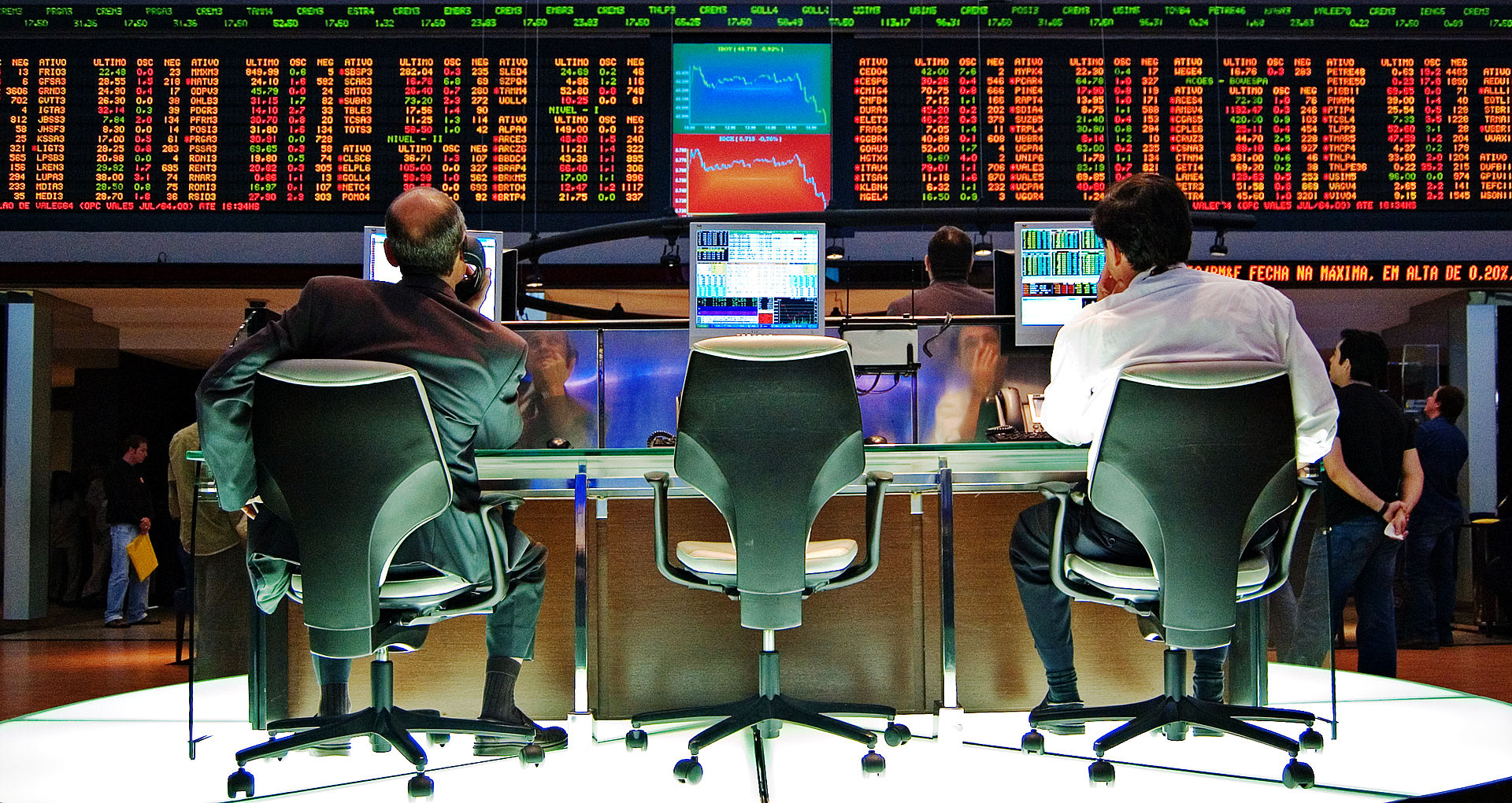Today, both CSI-300 Index and FTSE China A50 have tumbled again, although about 30% of stocks in these indices are still traded. It is worth noting that in the Shenzhen Stock Exchange, a lot more shares than in Shanghai got under the ban, which allows ChiNext and Shenzhen indices to show a more or less neutral dynamics. Still, despite of the fact, the indices, which include marketable securities, are continuing to decline.
The People's Bank of China tried to intervene and add liquidity. Today, 20 billion yuan were poured through a reverse repo back in the transaction market. But it did not help.
There is another interesting point, which simply worth some attention. The amount of margin positions began to grow again, and this growth has continued for the second day in a row. Many experts have suggested that the inexperienced traders, with whom the Chinese market is filled up, will make desperate attempts to win. The growth margin positions just confirms this opinion. As a rule, it all ends with the complete ruin of private traders.
In addition, the Chinese themselves are very reckless, and the fall of the indices by 30-40% is unlikely to force them to think that trading stocks is easier than farming.
On the stock market of China received a record means.
During the week that ended Wednesday, the Chinese equity funds registered a record inflow of funds worth $ 13 billion, which may reflect the support measures taken by the Chinese government, according to the survey of world markets, drawn up by Bank of America Merrill Lynch Global.
EPFR data shows that the inflow of funds was recorded mainly in the local stock market funds. Overall, equity funds attracted $ 25.4 billion, indicating the largest inflow since late December.
The inflow of funds was recorded after Beijing in recent days announced a series of unprecedented steps to support the Chinese stock market, which fell on July 8 to 30% from its peak in mid-June.
source: zerohedge.com
The People's Bank of China tried to intervene and add liquidity. Today, 20 billion yuan were poured through a reverse repo back in the transaction market. But it did not help.
There is another interesting point, which simply worth some attention. The amount of margin positions began to grow again, and this growth has continued for the second day in a row. Many experts have suggested that the inexperienced traders, with whom the Chinese market is filled up, will make desperate attempts to win. The growth margin positions just confirms this opinion. As a rule, it all ends with the complete ruin of private traders.
In addition, the Chinese themselves are very reckless, and the fall of the indices by 30-40% is unlikely to force them to think that trading stocks is easier than farming.
On the stock market of China received a record means.
During the week that ended Wednesday, the Chinese equity funds registered a record inflow of funds worth $ 13 billion, which may reflect the support measures taken by the Chinese government, according to the survey of world markets, drawn up by Bank of America Merrill Lynch Global.
EPFR data shows that the inflow of funds was recorded mainly in the local stock market funds. Overall, equity funds attracted $ 25.4 billion, indicating the largest inflow since late December.
The inflow of funds was recorded after Beijing in recent days announced a series of unprecedented steps to support the Chinese stock market, which fell on July 8 to 30% from its peak in mid-June.
source: zerohedge.com



















